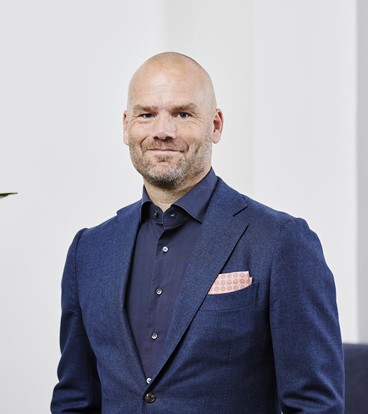iOnctura has collected €80 million ($85.9 million) in a Series B round to support its lead cancer candidate through a Phase 2 test in uveal melanoma and expand its development to other indications.
The proceeds should give the Merck KGaA spinout a runway of three years, CEO Catherine Pickering told Endpoints News in an interview. iOnctura previously raised a total of €20.1 million ($21.6 million) in its oversubscribed Series A, which closed in 2020.
The biotech said its lead candidate, roginolisib, is the first allosteric modulator of PI3K delta. The PI3K signaling pathway is commonly dysregulated in cancer, according to the company.
PI3K inhibitors have had a troubled past. Most recently, Bayer pulled its follicular lymphoma drug Aliqopa from the market in November after a confirmatory disappointment.
But Pickering said roginolisib works by “precision targeting” just the delta isoform of PI3K and “does not touch any other kinase in the body or any other target in the body.” By contrast, Aliqopa blocks both the alpha and delta isoforms of PI3K.
Roginolisib has completed a Phase 1b trial in advanced or metastatic cancers, including uveal melanoma, with final results to be detailed in the near future after last year’s promising readout. In the meantime, the company is finalizing the protocol for a randomized Phase 2 test of the drug in metastatic uveal melanoma, which is set to start dosing patients in the fall. This rare form of eye cancer has few available treatments.
iOnctura, which is based in Geneva and Amsterdam, will also start trials with combination regimens of the candidate in other types of cancer, including lung cancer and primary myelofibrosis, Pickering said. “We would like to explore the hematology space, obviously, but we will do that with expert collaborators,” she added.
Uveal melanoma is treated at dedicated centers across the globe, which means iOnctura can build itself into a midsize company capable of commercializing roginolisib independently in the disease, Pickering said. With larger indications such as lung cancer, however, it would be difficult for such a company to compete alone, so collaboration prospects “remain open,” she added.
Series B pulls new investor
The Series B was led by new investor Syncona with participation from the EIC Fund (the venture arm of the European Innovation Council) and existing investors that include M Ventures and Inkef Capital. Syncona contributed €30 million ($32 million) and got a 23% stake in the business.
 Roel Bulthuis
Roel Bulthuis“We believe that holistically, you can get [the eye cancer] program to registration with venture capitals, independent of a corporate partner and independent of capital markets,” Syncona managing partner Roel Bulthuis told Endpoints in a separate interview. “So this is an opportunity to help accelerate the build of what we believe could be a leading standalone oncology company in Europe.”
On Thursday, Syncona also launched a new oncology company committing £16.5 million ($20.9 million) to a Series A financing. A spinout of the University of Oxford, Yellowstone is developing soluble bispecific T cell receptor-based therapies, with an initial focus on acute myeloid leukemia.
Editor’s note: This article was updated to correct that the Yellowstone announcement was made Thursday and that iOnctura is based in Geneva and Amsterdam.